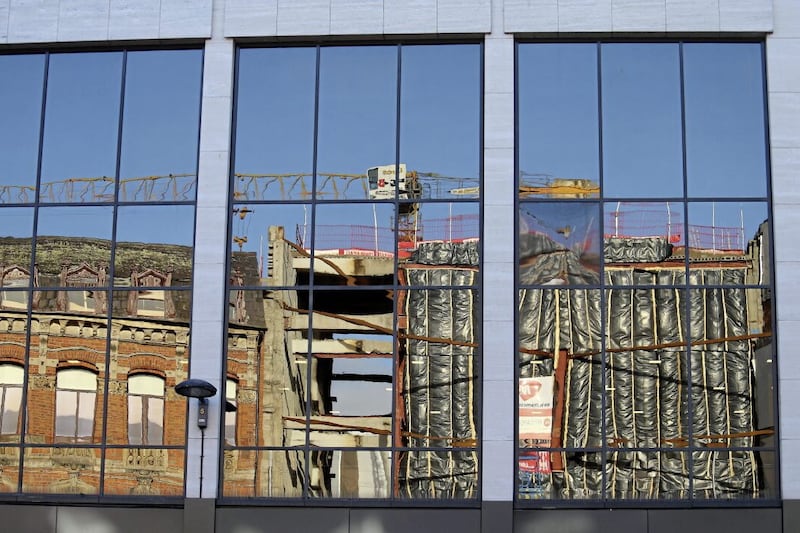The welcome return of the Northern Ireland Executive earlier this year has helped bolster some confidence in our local construction market, but there are still many challenges which will require support from the Executive to overcome.
The most recent RICS construction monitor indicated that surveyors saw a marginal increase in workloads through the first quarter of the year following a two-year period of decline with NI experiencing some of the weakest output across the UK.
The limited workloads are hindered by various challenges such high interest rates caused by inflation and associated economic instability, hostilities and conflict around the world and uncertainty generated by elections, as well as supply-chain issues, although these problems are easing.
These challenges constrain investment and hold back the demand for construction. And yet in NI, housebuilding activity picked up in the early parts of this year with confidence returning very gradually to the housing market, although many potential buyers are waiting for further easing in mortgage rates.
While other economies are rising to meet these global challenges, NI is underperforming despite the competitive advantage of its unique access to UK and EU markets.
We’re continuing to see the impacts of shrinking public sector funding and no immediate strategy for how the necessary additional funding will be found.
We are overdue a programme for government which could set out a roadmap to achieving much-needed health, education and infrastructure projects, not to mention for the backlog of repairs and maintenance.
An effective programme for government may make our case much more convincing when we enter into negotiations on our funding needs.
We also need adequately resourced statutory authorities involved in the construction process, including in projects involving water, electricity and planning.
Without sufficient resources, these processes stall when they reach the relevant authority for action. This will require a coordinated, long-term strategy and a resourcing plan.
Not only this, but the UK is facing a shortage in construction professionals too.
In Northern Ireland, skill shortages are exacerbated by better pay and prospects in GB and Ireland, immigration issues and a failing to attract the next generation of employees into the sector.
We must attract people into construction by sustained programmes of engagement with primary schools and secondary schools. The local government and industry need to join forces to tackle this ongoing issue.
Whilst reports are more optimistic that growth in demand for construction will return later this year, the NI Executive needs to capitalise on the opportunity to address some of the under-investment in Northern Ireland’s infrastructure by providing additional resource and unlocking decision-making.
- Jim Sammon is RICS Northern Ireland construction spokesperson








